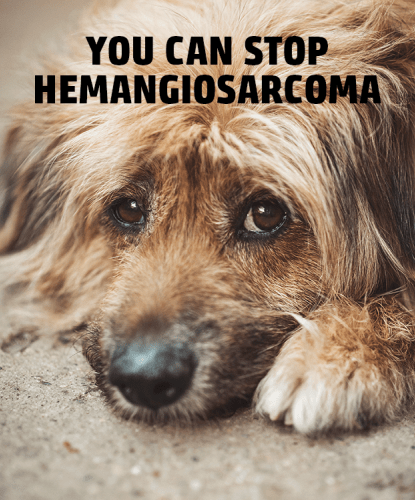
April 20, 2023 – Cancer is a leading cause of death in cats, but often is overshadowed by other health threats like diabetes or kidney disease. However, it’s important for pet parents to know about some of the more common types of cancer affecting cats to help keep their feline family members healthy. Let’s take a closer look at four important malignant cancers in cats: oral squamous cell carcinoma, lymphoma, soft-tissue sarcomas and mammary carcinoma.
FELINE ORAL SQUAMOUS CELL CARCINOMA (FOSCC)
FOSCC accounts for 70% to 80% of all feline oral tumors. This cancer can move slowly but it burrows deep into the bones of the jaw and oral cavity, making it nearly impossible to remove surgically. FOSCCs are resistant to chemotherapy but they are radiation-sensitive, and surgery often is combined with radiation to control the tumor. Prognosis is poor, with less than 10% of cats diagnosed surviving longer than one year.
FELINE LYMPHOMA
Feline lymphoma is one of the most common and deadly cancers of cats. Lymphoma in cats can take many forms, but most oncologists agree that gastrointestinal lymphoma is seen more often in cats. Less common forms of lymphoma include mediastinal (enlarged lymph nodes in the chest cavity), multi-centric nodal forms (involving multiple lymph nodes), and miscellaneous forms such as nasal, kidney and central nervous system.
SOFT-TISSUE SARCOMA
Soft-tissue sarcoma is a broad classification for tumors arising in the skin and connective tissues of cats. As a group, these tumors tend not to spread to other tissues quickly, but infiltrate local tissues, making removal difficult especially if they’re on the trunk, head or neck. Injection-site sarcomas are one type of cancer that fall in this category.
MAMMARY CARCINOMA
It might surprise cat owners to know that mammary cancer is the third most common type of feline cancer. As is the case in dogs, mammary cancer is more common in intact cats but also occurs in spayed animals. Surgery is the primary method to address these tumors and prognosis can be excellent if the disease is caught early.
HOW WE’RE HELPING
The Foundation has been funding research exploring new diagnostics and treatments for cat cancer for over 40 years. In addition, our early support for the development of an effective vaccine against feline leukemia virus has helped reduce the incidence of leukemia in cats around the world. Our team continues to look for the best and most innovative research to help cats live their best (nine) lives!





